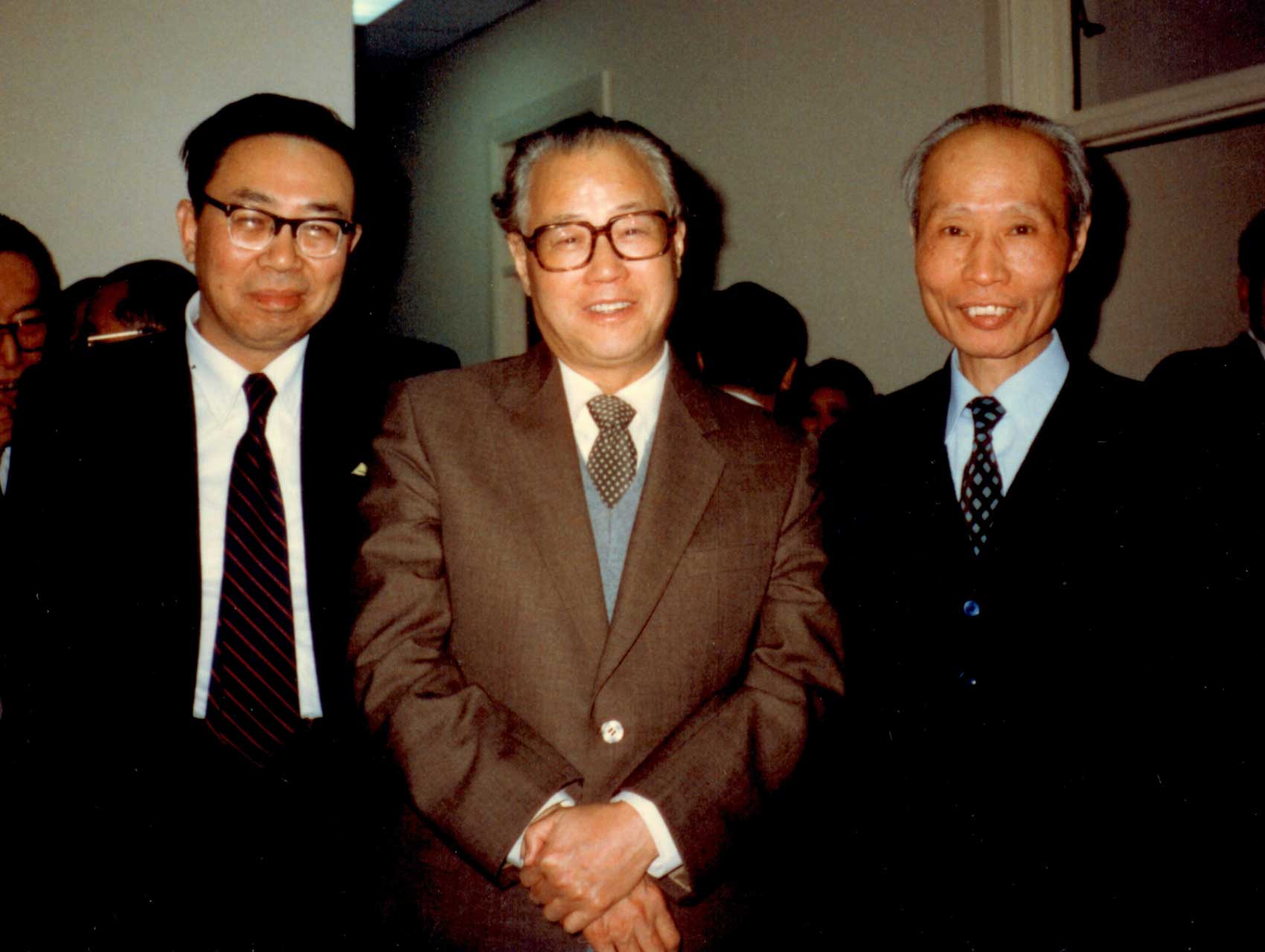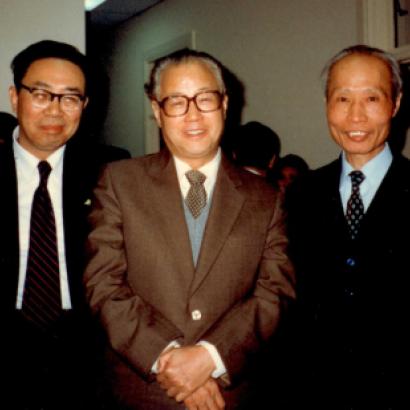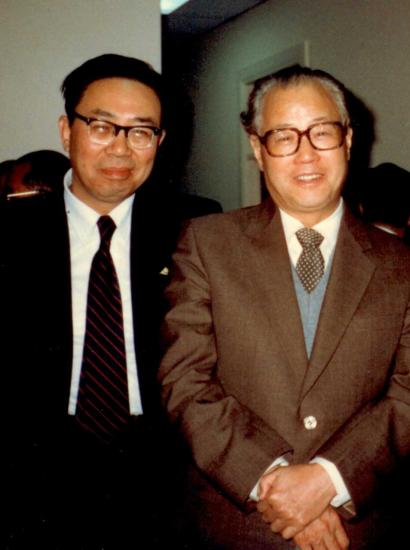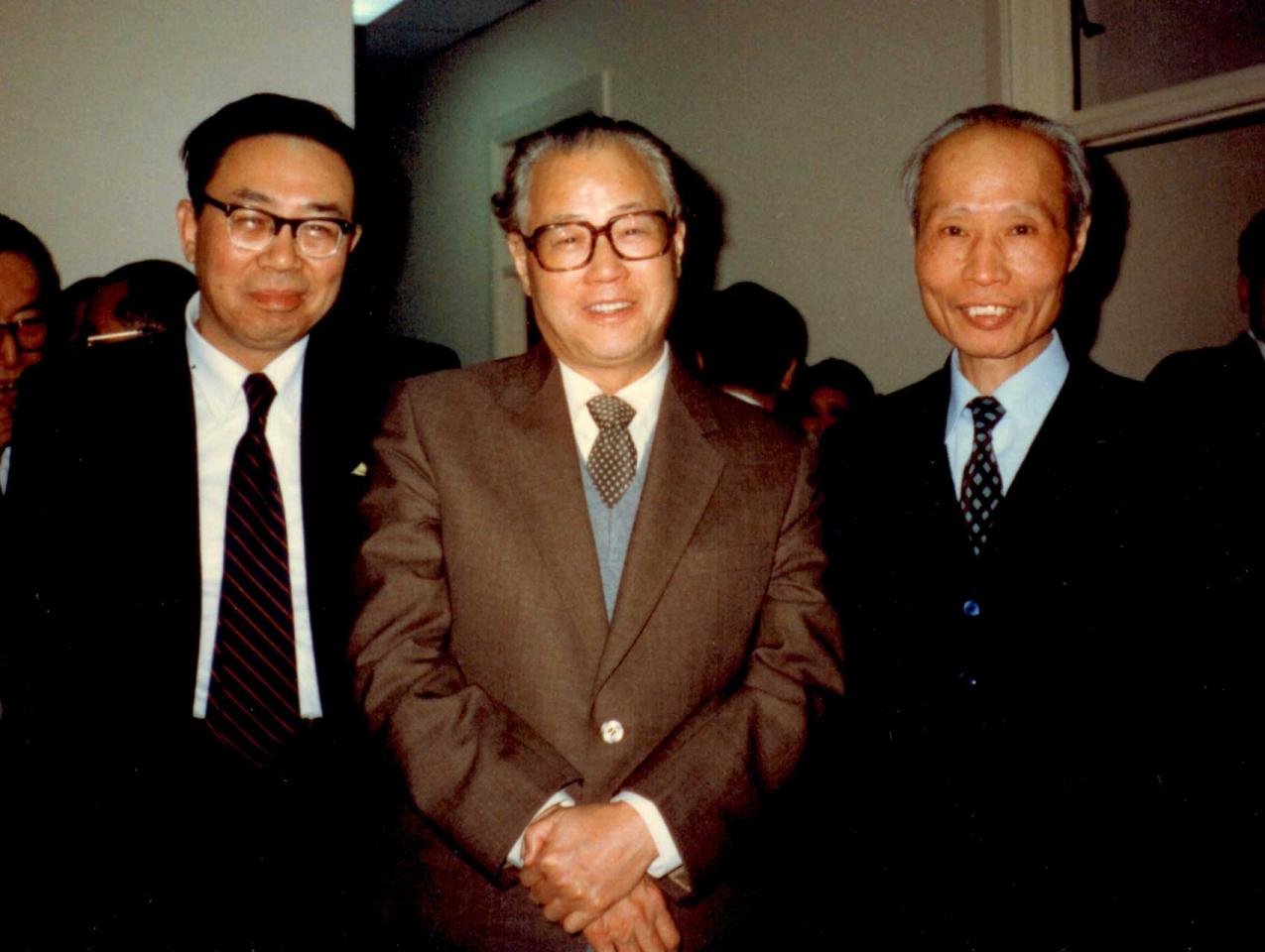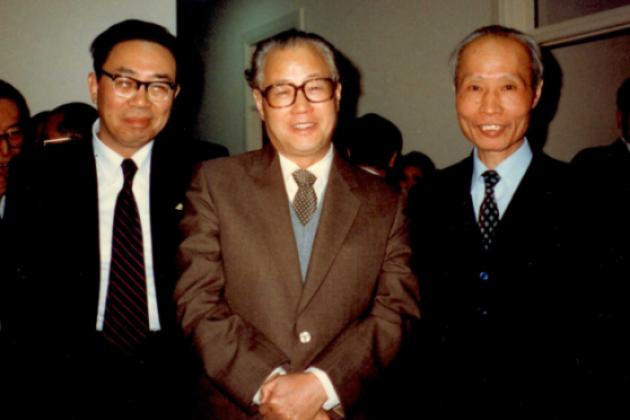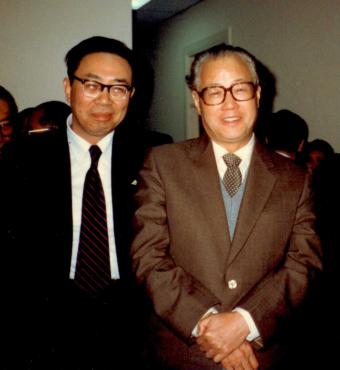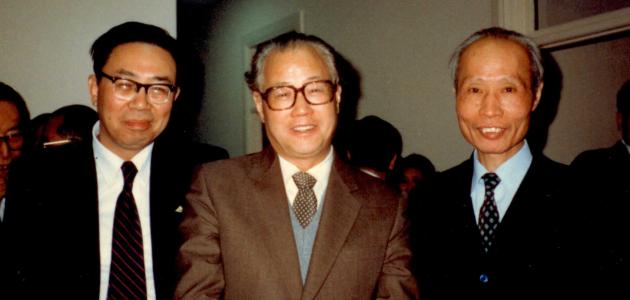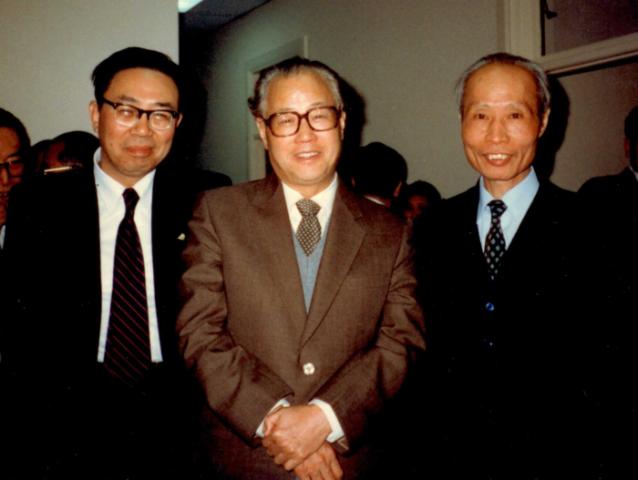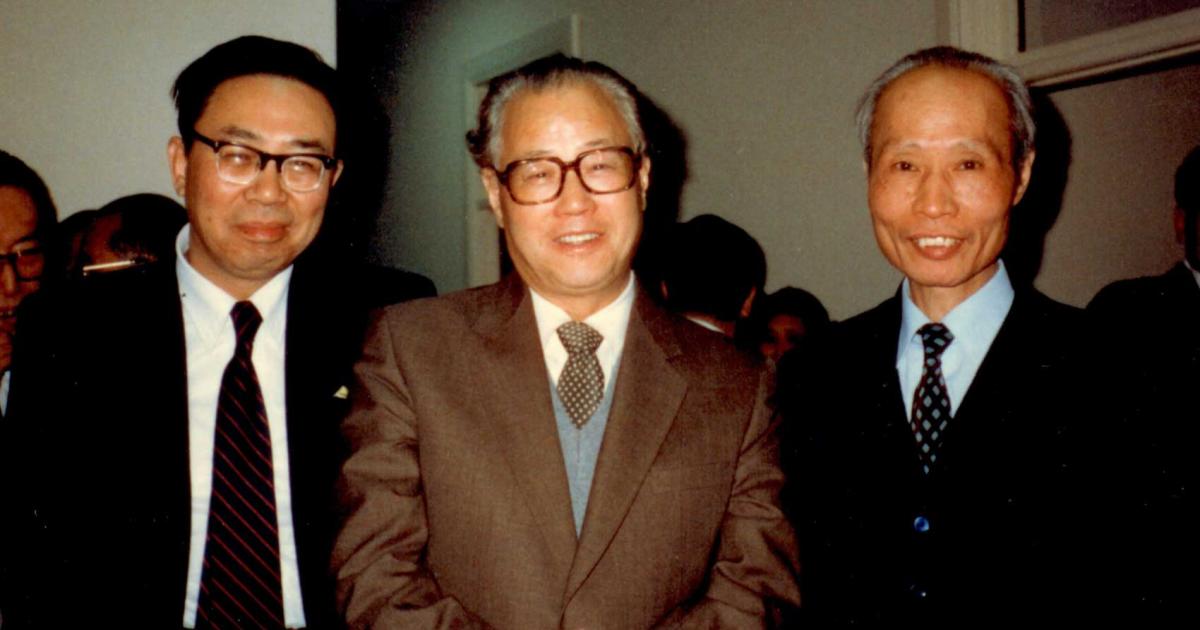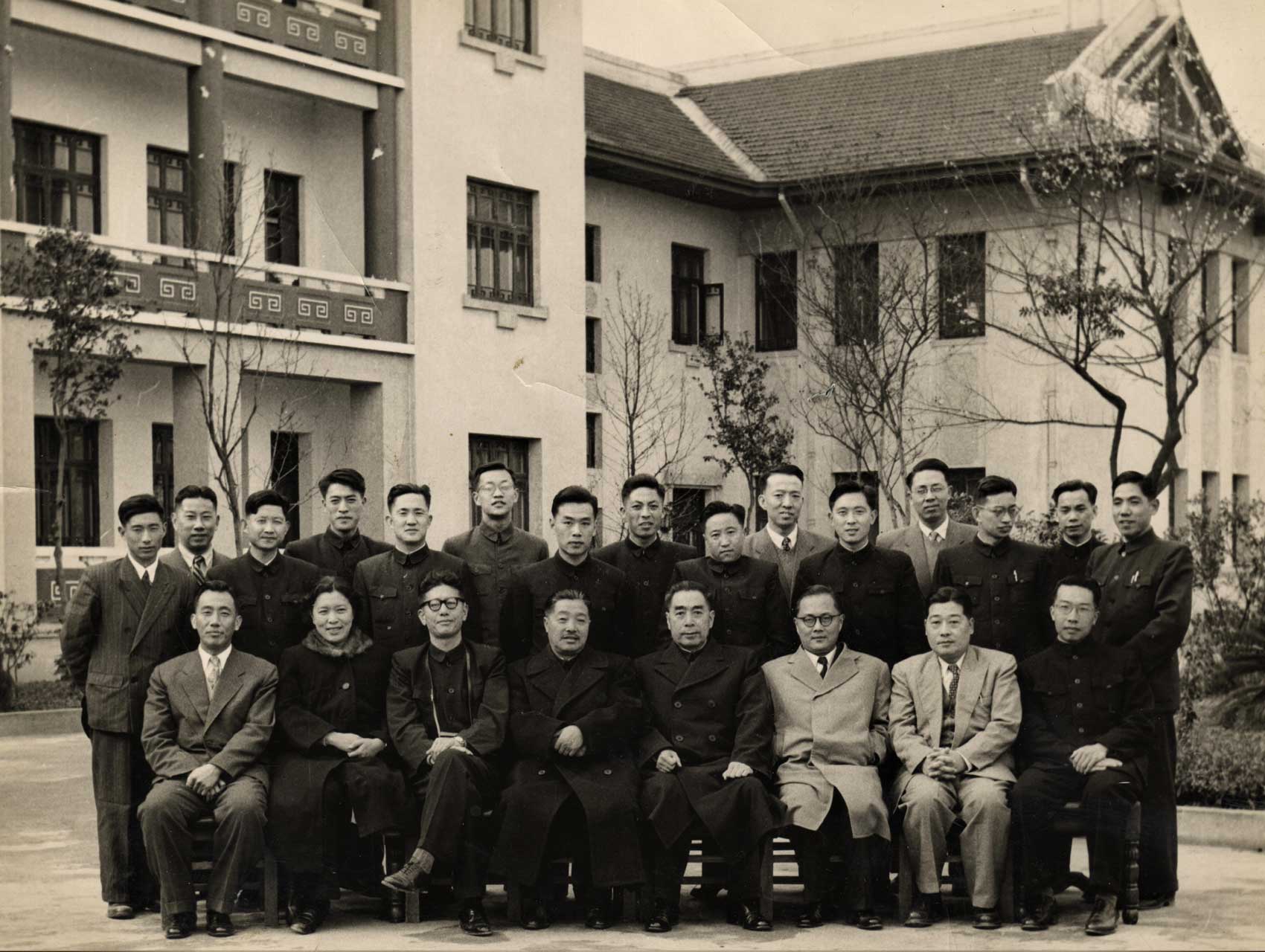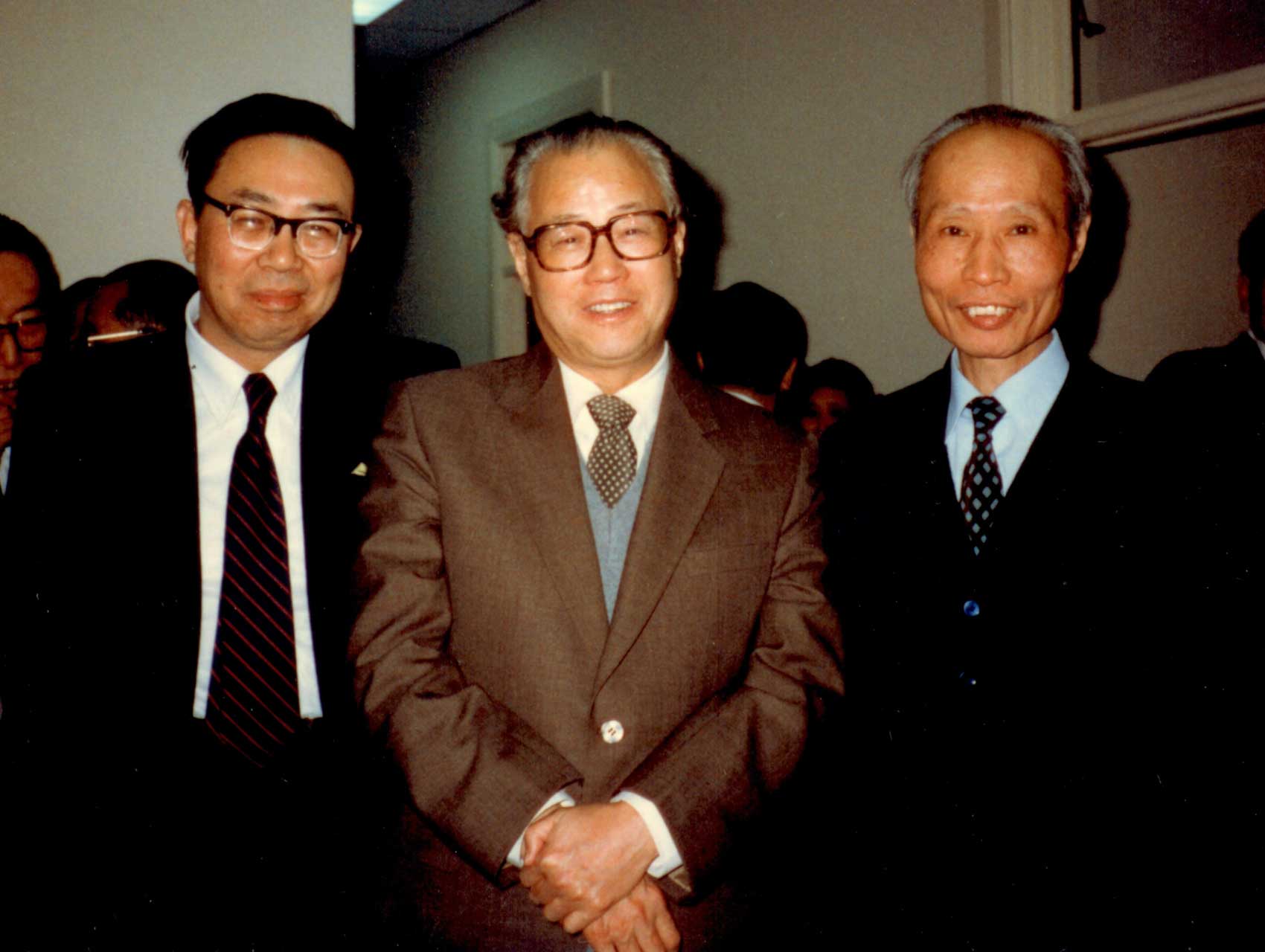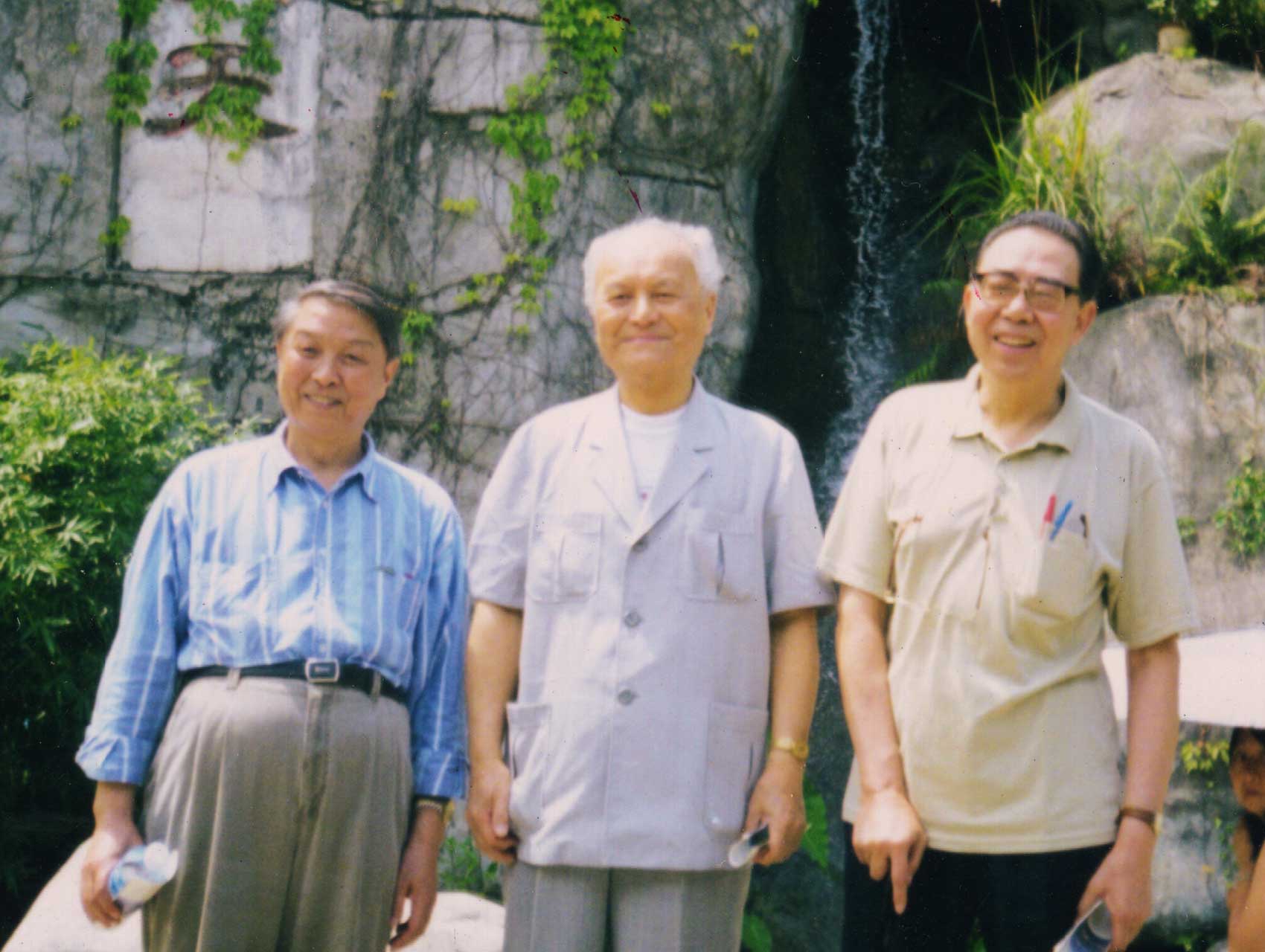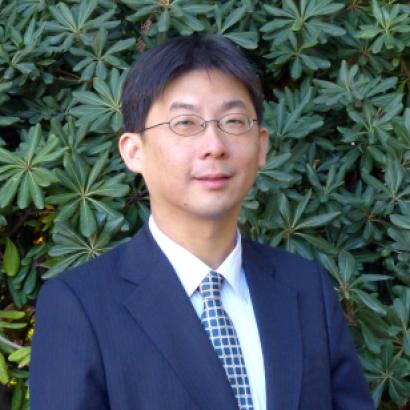Li Shenzhi (李慎之) was born in 1923 in Wuxi, Jiangsu Province, China. Between 1941 and 1945 he undertook his undergraduate studies in Beijing, Shanghai, and Chengdu, during which period he also participated in underground outfits of the Chinese Communist Party (CCP). Shortly after the end of the Sino-Japanese War (1937–45), Li joined the CCP-sponsored Xinhua News Agency and then became a CCP party member. During the Korean War (1950–53), Li was assigned the task of propaganda warfare to persuade the detained Chinese “volunteer” armies to return to China instead of going to Taiwan. Between 1954 and 1957, Li served as a secretary in foreign affairs for Chinese premier Zhou Enlai. An advocate of democracy within the CCP, Li was purged by Chairman Mao Zedong during the anti-Rightist campaign in 1957 and was relieved of all key posts. In 1973, as relations between China and the United States warmed in the wake of President Richard Nixon’s historic visit to China, Li was recalled to Beijing to partake in the CCP’s task force on international studies. In 1979, Li served as Chairman Deng Xiaoping’s advisor in American affairs, accompanying Deng to visit the United States that year. He was then assigned the task of founding the Institute of American Studies at the Chinese Academy of Social Sciences (CASS). The institute, with Li as its first director, became China’s premier think tank to undertake comprehensive studies of the United States. In 1984, Li was a member of the delegation led by the Chinese premier Zhao Ziyang to visit the United States. In 1985, Li was appointed vice president of the CASS (a ministerial position) while he continued to serve as the head of the Institute of American Studies. After the Tiananmen massacre in 1989, he retired from all posts and became a powerful critic of authoritarianism. He died in Beijing in 2003. Until today, Li has been widely acclaimed by Chinese intellectuals for his liberal-democratic credentials.
The Li Shenzhi papers include unpublished manuscripts and writings produced in the 1950s and the 1960s; archival materials from the anti-Rightist movement of the 1950s; self-reflection and self-criticism from the late 1950s and the early 1960s; historical materials acquired during the Chinese Cultural Revolution (1966–76); and Li’s personal recollections about many Chinese Communist Party leaders and about his involvement in key political and diplomatic issues. Li’s personal papers are a welcome addition to Hoover’s expanding collections on post-1949 China and its complicated relations with the United States.




